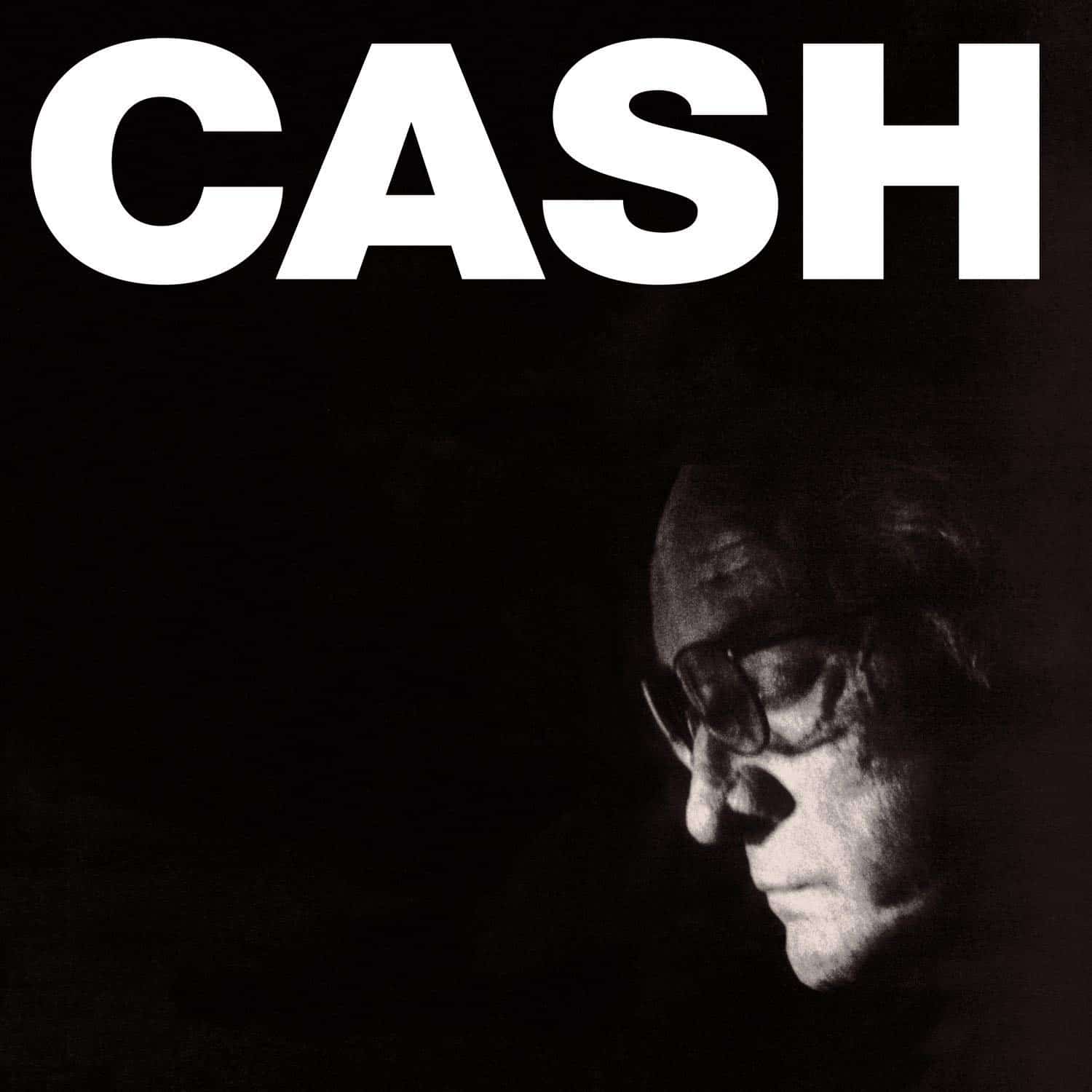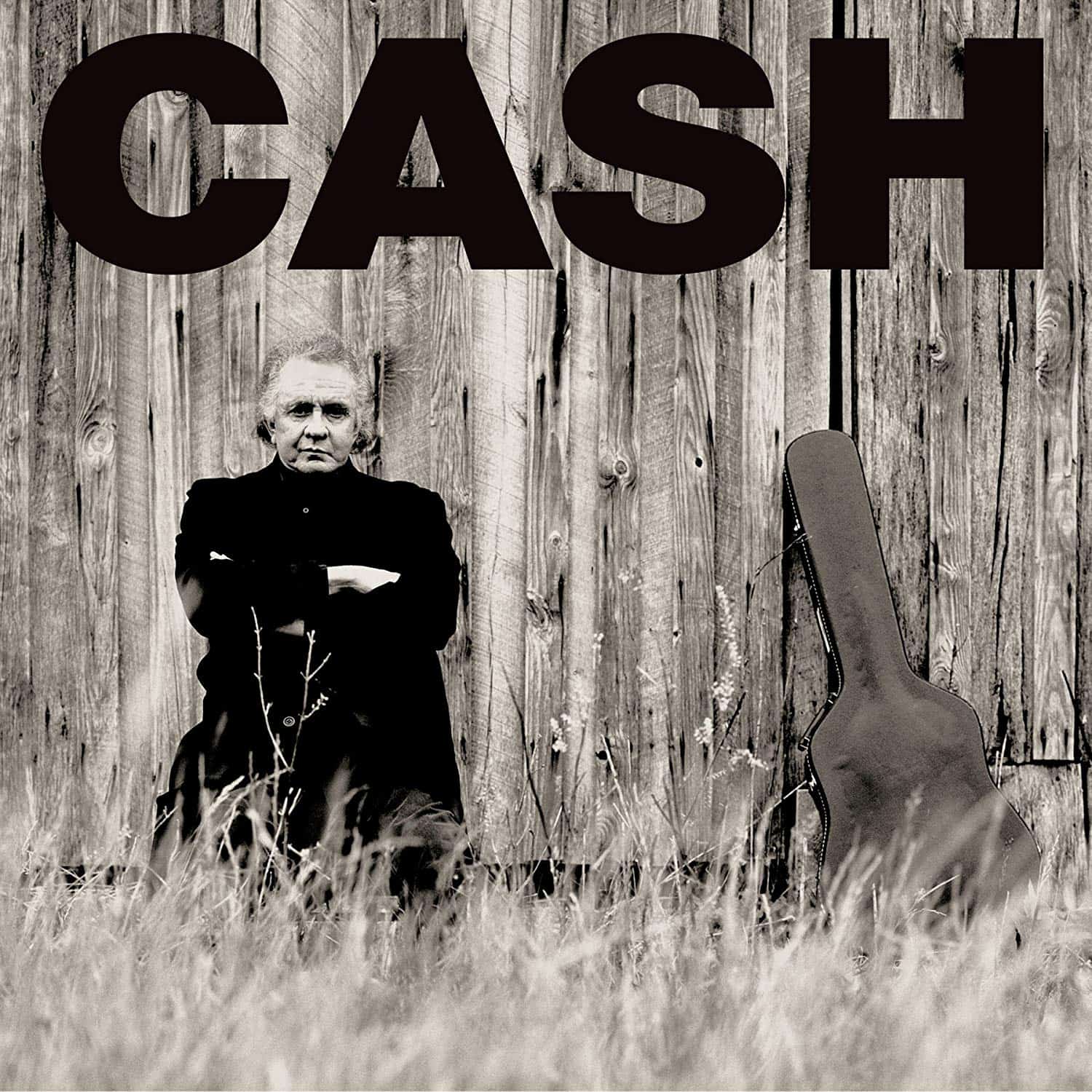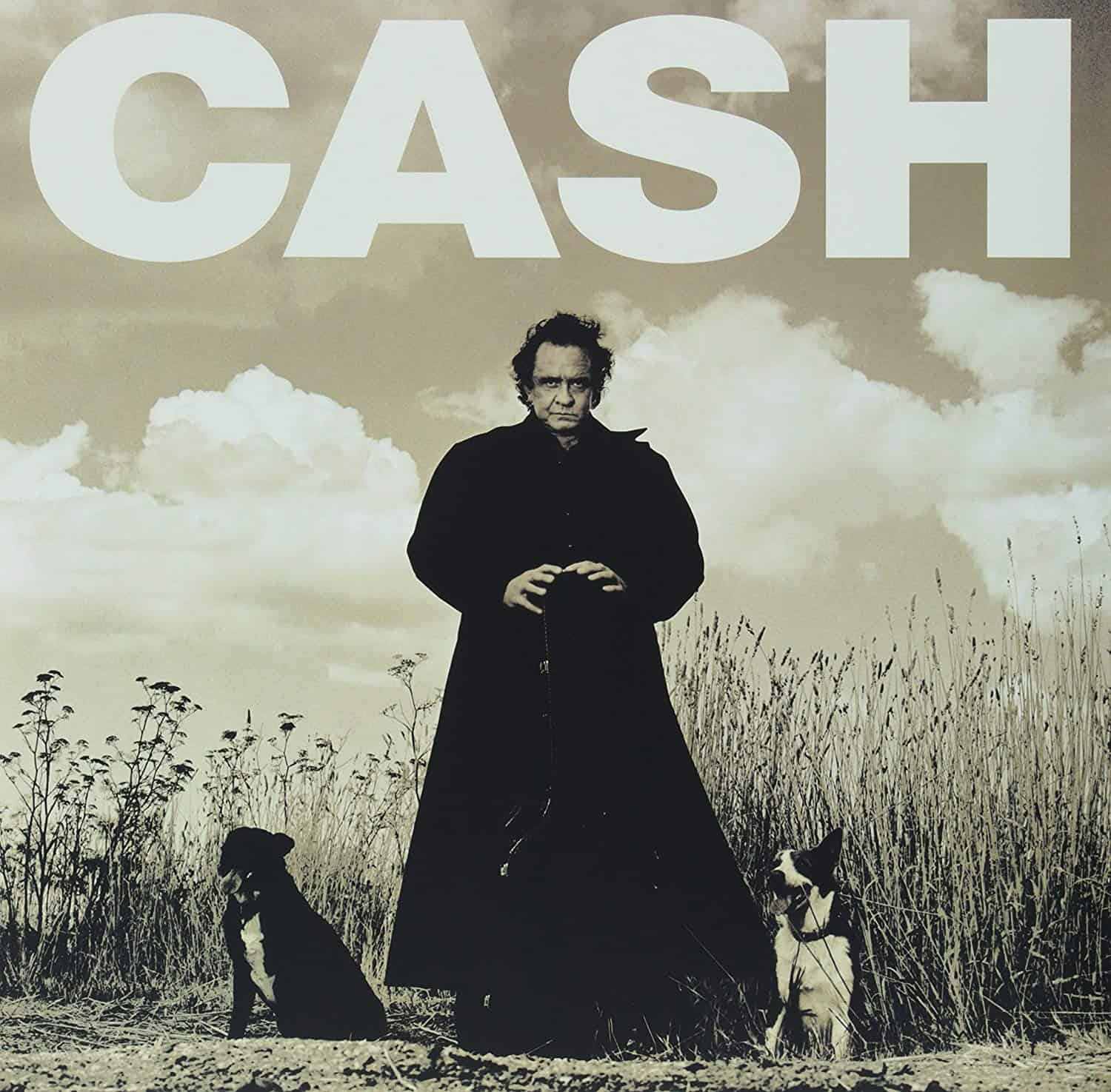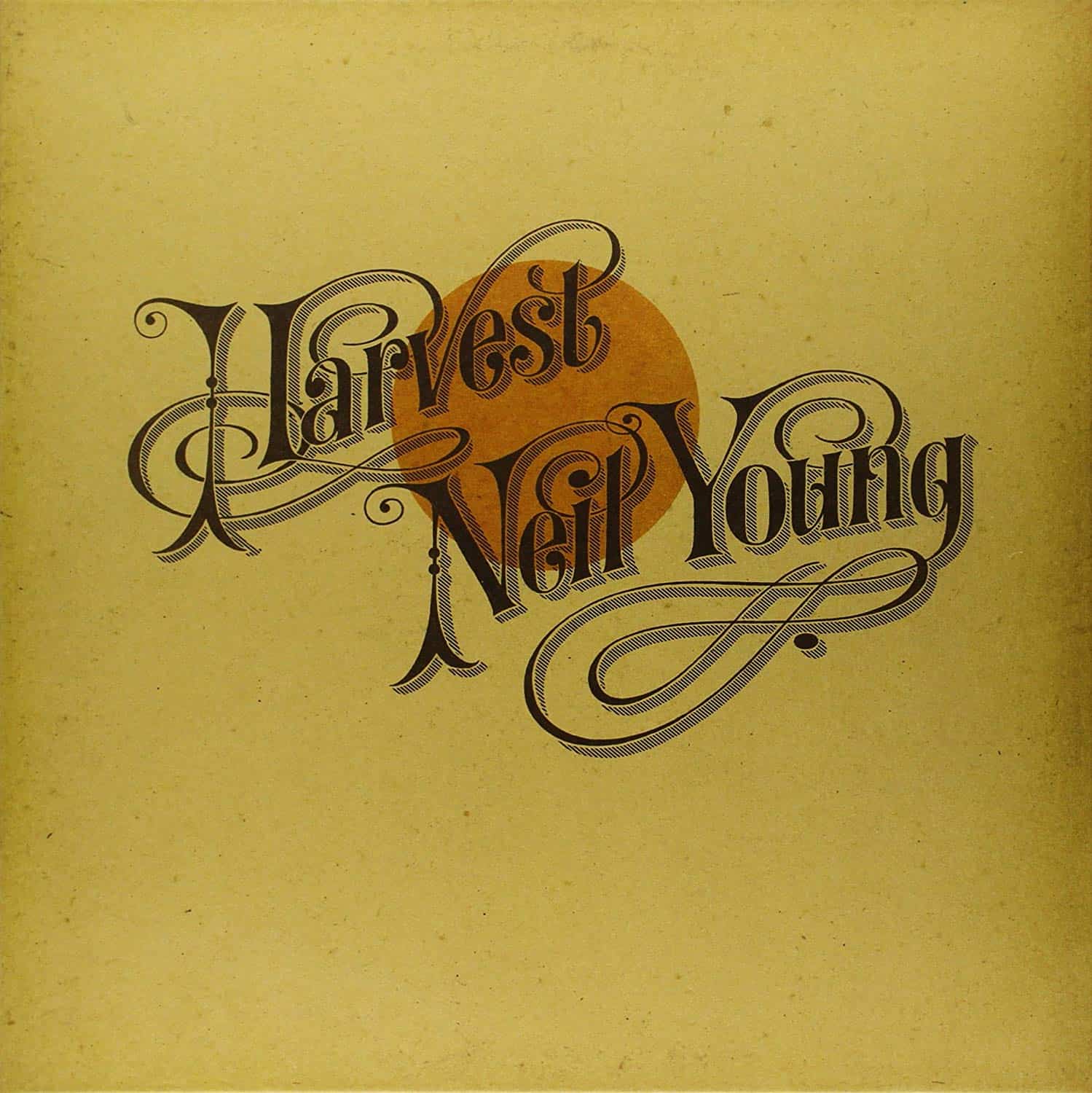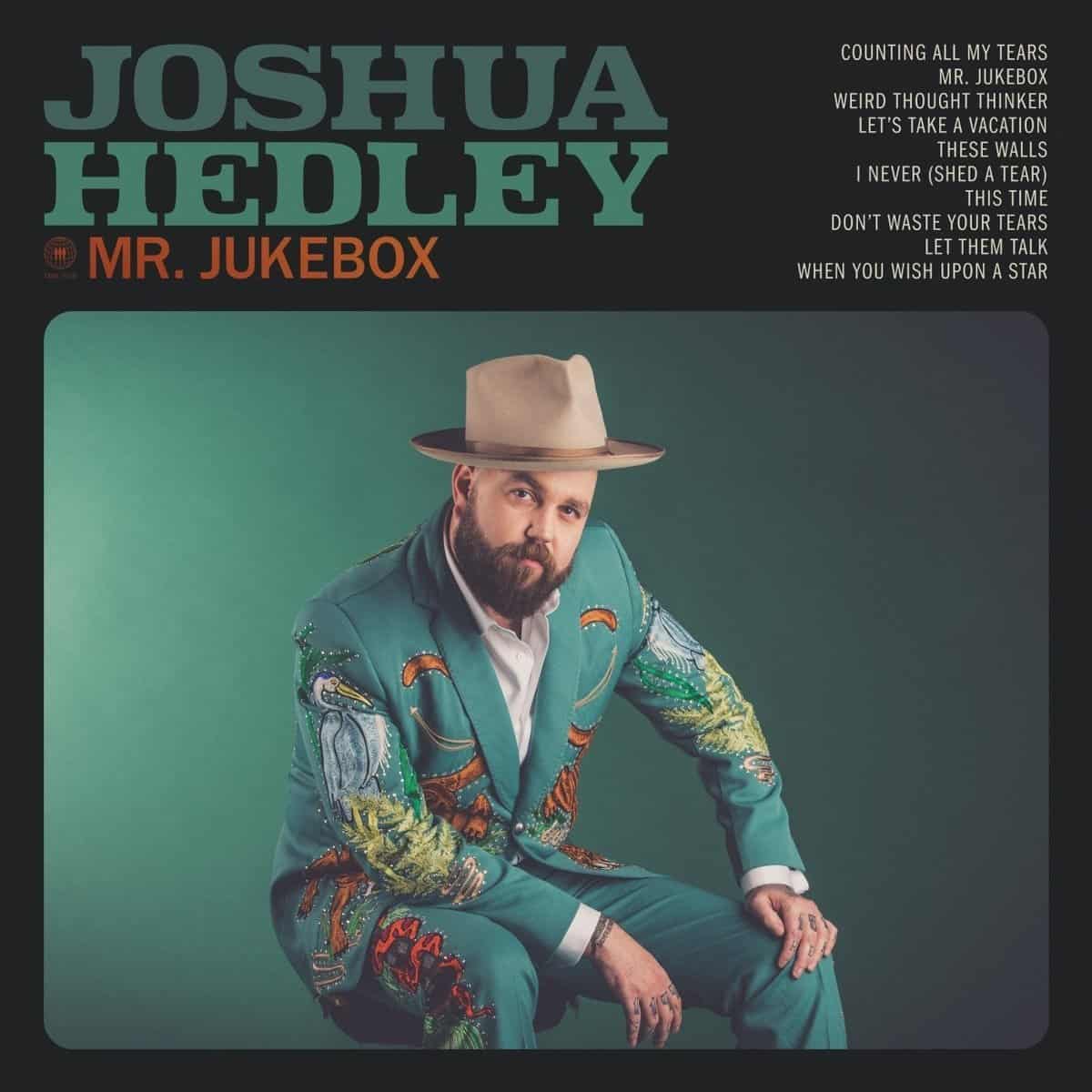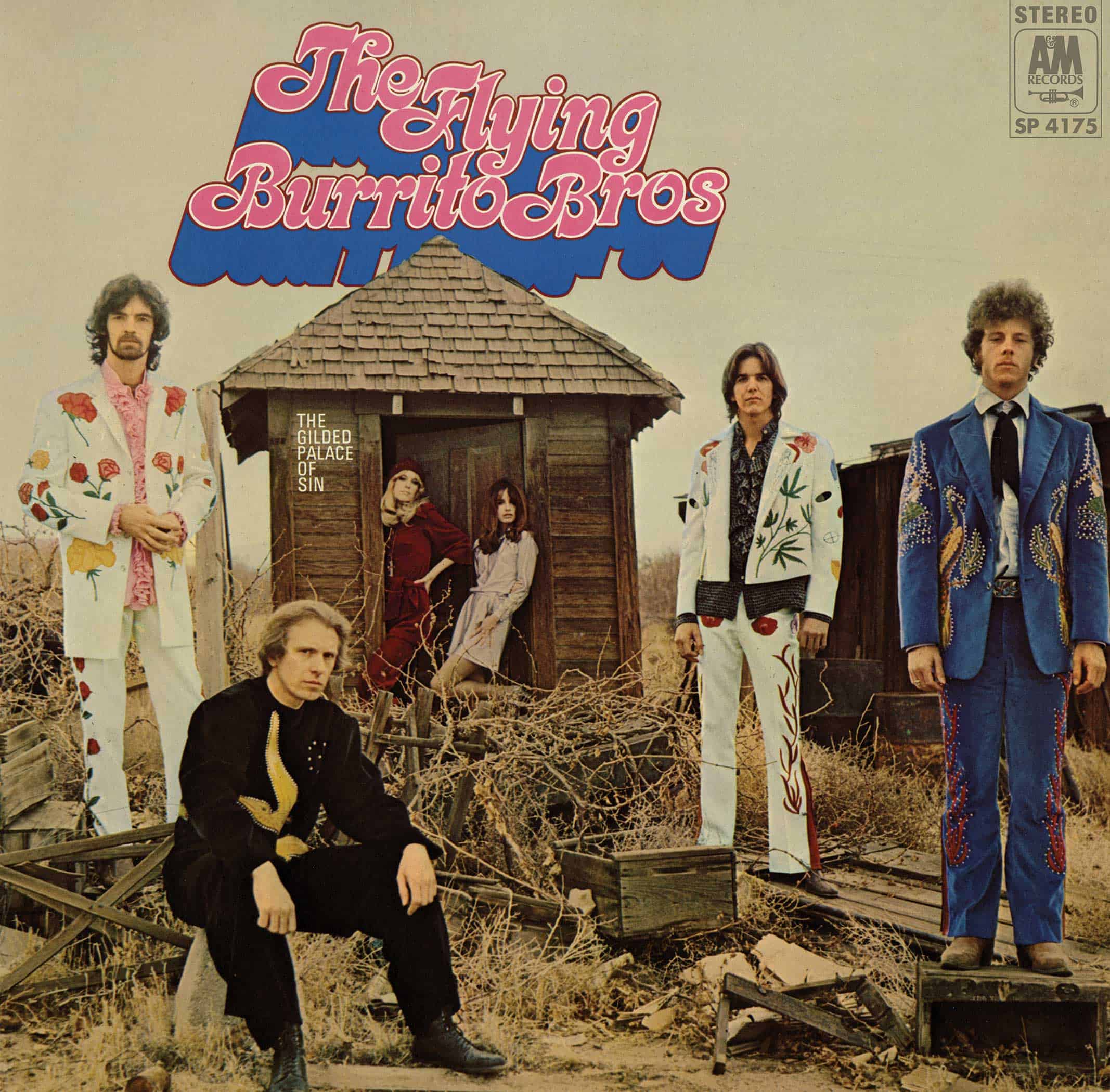Marketplace
2014 American Recordings PRESSING
- Catalog Number B0019197-01
- Release Year 2014
- Vinyl Mastering Engineer Chris Bellman
- Pressing Weight 180g
- Vinyl Color No
- Jacket Style Single
- Pressing Plant QRP
- Original Release Year 2000
- Original Release Label American Recordings
- Original Catalog Number C69691
When listening to this album I think of this band or music:
Although Nick Cave is thought by some to be a dark prince or a wild man, American III: Solitary Man confirms his prowess as a songwriter.
I would listen to this album while:
Remembering Johnny Cash and the depth of wisdom he could communicate with his one-of-a-kind voice.
Music from this album would be a great soundtrack to this movie:
The interview between Johnny Cash and Nick Cave that never happened.
In the four years between American II: Unchained and American III:Solitary Man, Johnny Cash’s health underwent a rapid decline, a development obvious in his vocals from the first words of the album’s opening track, a cover of Tom Petty’s “I Won’t Back Down” that in its way may also serve as an explanation for why Cash was at that point still making records.
Not a solo album like American Recordings, nor a full band effort like Unchained,American III: Solitary Man emerges as a mix of both approaches with another star-studded guest list. Along with his wife June Carter Cash, the Man in Black is here joined by Norman Blake (guitar), Sheryl Crow (vocals, accordion), Will Oldham (vocals), Merle Haggard (guitar, vocals), and Benmont Tench (keyboards), Mike Campbell (guitar), and Tom Petty (vocals, organ) from the Heartbreakers—the backing band on American II: Unchained.
The heart of American III: Solitary Man lies not in its cover of the Neil Diamond-penned title track but in a trio of tunes that function as a mini-suite that finishes out the album’s first side: A cover of Bert Williams’ massive 1906 hit “Nobody,” Will Oldham’s indie-rock gospel number “I See a Darkness,” and Cash’s spectacular reading of Nick Cave’s “The Mercy Seat.” In these three songs, the connections between Cash and his life at the time they were recorded prove unmistakable. The sad, reflective tone in his vocal performances is impossible to miss. In the Williams number, he sings of being full of “nothing but pain,” and the “nobody” answer at the end of each verse seems whispered with a pronounced weariness. While the original mixes of all the Cash/Rubin productions are simple and classy, the Rubin-supervised 2014 LP reissue—probably sourced from digital files given the guest list—sounds slightly richer and louder. While the original LP has wonderful sound, Cash’s voice is now rightfully pushed slightly forward, accentuating its weather-beaten and increasingly craggy qualities.
In several interviews, Cave observed Cash’s cover of “The Mercy Seat”—a song about a prisoner about to die in the electric chair, and a work steeped in the kind of biblical and apocalyptic allusions that surely appealed to Cash—is delivered as an unambiguous autobiography. “And the mercy seat is-a burning,” Cash sings. “And I think my head is flowing/And in a way I’m hoping/To be done with all this weighing up the truth/An eye for an eye/And a tooth for a tooth/And I’ve gone nothing left to lose/But I’m not afraid to die.”
Along with the aforementioned “Nobody” and “I See a Darkness,” “The Mercy Seat” stands as the finest expression of the passion and intelligence Cash and Rubin brought to their wonderous project—and repeatedly confirms Cash’s everlasting status as a virtuoso vocal interpreter.
American III: Solitary Man

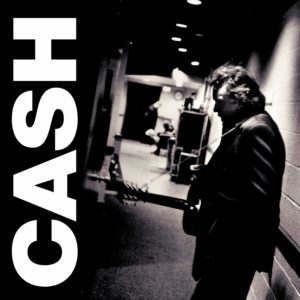
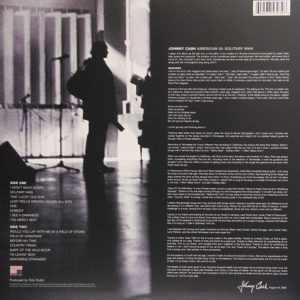
 4
4
